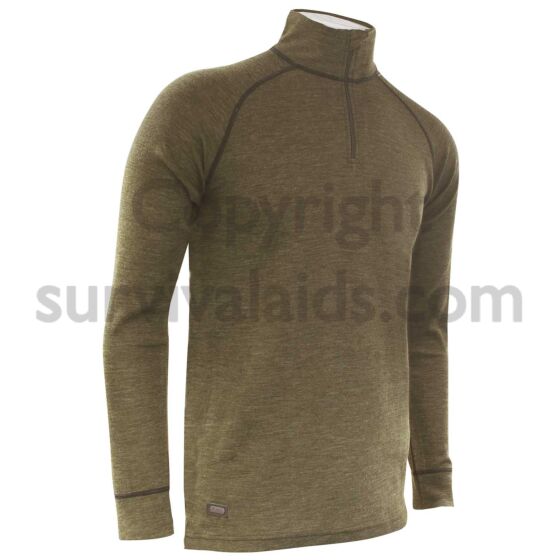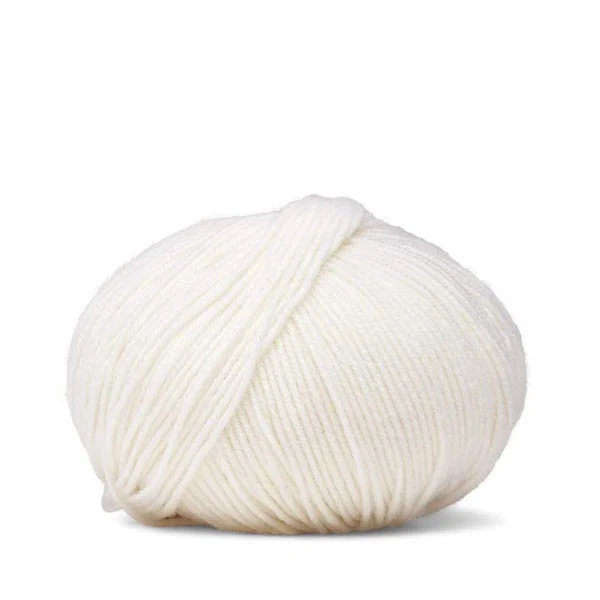Excellent Bamboo Clothing Guide
Wiki Article
What Makes Yak Merino Wool Base Layers Beneficial For Winter Sports Clothing In Terms Of Natural Fiber Benefits?
Sustainable and renewable Yak Merino wool's base layer is highly effective for winter sportswear, not just due to its performance well, but also because of its fiber's natural benefits.
Yak and Merino Wool are both organic fibers, that are derived from animals. Renewable resources can be harvested sustainably without causing harm to the animal. They are biodegradable fibers, meaning that they degrade naturally, without harming the environment.
Low Environmental Impact
Natural fibers typically have less environmental impact than synthetic fibers. Wool harvesting and cultivation requires fewer chemical processing and is not dependent on non-renewable resource compared to that of synthetic fibers.
Energy Efficiency
Wool fibers require less energy than synthetic fibers like polyester or nylon. The energy required for the production process of natural wool is significantly lower, resulting in less carbon emissions.
Microplastic pollution is reduced
Natural wool fibers do not contribute to the pollution of waterbodies by microplastics similar to synthetic fibers.
Longevity, Recyclability and Durability
The clothing made from yak merino is typically durable and last for a long period of time. Wool fibers are also recyclable or reused to decrease consumption and harm to the environment.
Sustainability Practices
Some producers and manufacturers of wool adhere to sustainable and ethical practices, ensuring animal welfare as well as responsible land management and fair working conditions for those working in the production chain.
Environmental Certification-
Certifications such as the Responsible Wool Standard and the Global Organic Textile Standard verify the environmentally and ethically responsible methods used in the production of wool. It gives consumers confidence of sustainability.
The yak merino base layers are sustainable for the environment since they are made of natural, renewable resources and include ethical and sustainable practices into the supply chain. By choosing natural fibers such as yak merino for winter sports apparel you're supporting environmentally sustainable and sustainable consumption practices. Take a look at the top rated merino wool base layers for site recommendations including sweaty betty ski base layer, omniwool base layer, smartwool 150 base layer, sweaty betty ski base layer, warmest base layer for skiing, ski thermal underwear, ski thermals, smartwool thermals, smartwool men's classic thermal merino base layer crew, ski thermals mens and more.

What Are The Benefits Of Wearing Bamboo Clothes In Terms Of Softness, Antibacterial Properties As Well As Durability And Renewable?
Bamboo clothing offers several advantages in terms of the softness, antibacterial properties, durability, and renewability. Softness-
Luxurious Feel- Bamboo fabric is well-known for its silky and soft texture, often compared to expensive materials such as cashmere or silk. It is soft, smooth and comfortable against the body.
Antibacterial Properties
Bamboo has natural antimicrobial characteristics. Bamboo contains "bamboo-kun," which is a naturally present antimicrobial substance. This ingredient helps to stop the growth of odor-causing bacteria and fungi on the fabric, keeping it fresher over longer periods and lessening the requirement for frequent washing.
Durability-
Strength- Bamboo fibers are durable and strong despite their softness. Bamboo clothing is impervious to tearing and wear. This makes it suitable for various tasks.
Renewability-
Rapid Growth - Bamboo is extremely renewable resource which grows rapidly without the use of pesticides or fertilizers. Bamboo harvest can take a short time and minimize the impact on the environment.
Sustainability-
Eco-Friendly production- Bamboo processing and cultivation typically has a lower environmental impact than that of synthetic materials. Bamboo's rapid development, low water consumption and ability to grow under diverse climates make it a material that is sustainable.
Biodegradability-
Natural Decomposition: Bamboo clothing can naturally decompose after the time it has been worn. This can reduce the amount of that non-biodegradable products are disposed of in landfills.
Hypoallergenic Qualities
More Comfortable- Bamboo isn't as likely to cause skin irritations or allergic reactions when compared to synthetic materials, making it an ideal option for those with sensitive skin.
Bamboo clothing appeals to those who are looking for ecologically friendly fashionable, functional and comfortable clothes. These qualities contribute to a positive experience when wearing the clothing and are in keeping with the principles of sustainability. Check out the recommended related site about bamboo clothings for blog tips including kate quinn bamboo, bamboo womens shirts, bamboo tee shirts women, sustainable bamboo clothing, dixxon bamboo shirt, freefly summer hoodies, bamboo dress socks, mens bamboo boxer shorts, bamboo shorts mens, bamboo onesies and more.

What Makes Merino Wool And Bamboo Clothes Different From Regular Wool?
Merino, bamboo, and regular wool all possess unique particularities.
Merino Wool is soft and gentle to the skin. It is less likely to cause itching or irritation compared to traditional wool.
Moisture-wicking Merino wool is extremely wicking properties that draw moisture away from the skin while let it evaporate and keep the wearer comfortable and dry.
Merino Wool is a great insulation and can provide warmth even in wet conditions. It regulates temperature and offers insulation for cold weather, but also allows airflow during hot weather.
Odor Resistance- It naturally blocks the growth of odor-causing bacteria making clothes fresher even when worn for a long time.
Bamboo Clothing
Its softness. Bamboo clothes are often similar in texture to cashmere and silk. It is gentle to the skin, and offers an indulgence.
Bamboo fabric is wicks moisture away which means that it draws away moisture from your skin, and keeps you dry when exercising.
Temperature Regulation- Bamboo clothing has natural temperature-regulating abilities, offering warmth in winter and breathability to prevent overheating.
Sustainability Bamboo is a source that is highly renewable, and can grow very quickly, without the use of pesticides. It's biodegradable with a low impact on the environment.
Wool Regular
Texture. The texture of wool is variable. Some types are coarser in texture and more prone to itching.
Warmth - Wool offers an excellent insulation and warmth however it may also be bulky.
Wool absorbs moisture. This means it is less effective at wicking moisture in comparison to merino bamboo or other fabrics. Wool keeps its warmth even when damp.
Merino wool is soft and has excellent moisture-wicking properties It is also resistant to odors and provides insulation. Bamboo clothing is supple and wicks moisture away, regulates temperature, and is environmentally friendly. Wool has a variety of textures and does not always have the same softness and water-wicking capabilities as bamboo and Merino, however it still provides warmth and insulation. Each one is distinctive and caters to different fashions of winter clothing. Take a look at the most popular bamboo winter clothings for website advice including sweaty betty ski base layer, wool layers, smartwool 1 4 zip, smartwool 1 4 zip womens, smartwool merino 250, best merino base layer, smartwool 1 4 zip mens, wool underlayer, merino base layer cycling, smartwool classic thermal and more.
